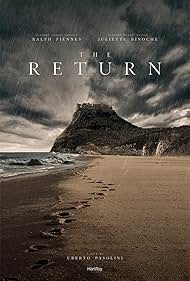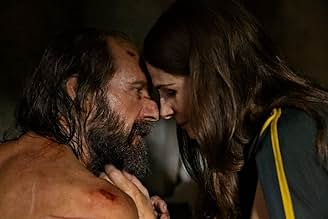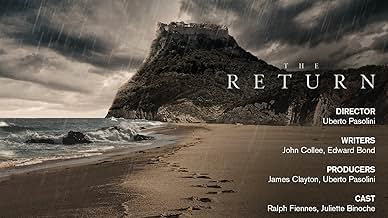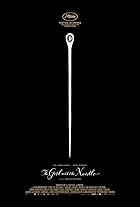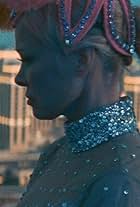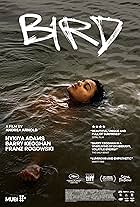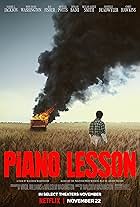Focused on immersing the viewer in the multifactorial pain and suffering of Penelope and Odysseus during Odysseus return home to Ithaca, this treatise felt to explore quite systematically the challenges that many soldiers encounter returning from active duty, including PTSD and other mental health issues, reintegration into their former life with family and society, and flashbacks of memories and pains both endured and inflicted, and the resulting inner change that is irreversible. The Return is powered by a great choice of cast to allow the viewer to experience this rollercoaster that the two key protagonists ride to significant heights, the latter owing to the unique and particular endurance of both Penelope and Odysseus in this difficult time in their lives, and without each other'a support. In fact both are kept quite apart through most of the build up, which only makes the catharsis more powerful in the most intense, thriller-like later part of the otherwise slower-burn film. Fiennes brings his unique style of suffering portrayal to this work - a great extension of his wonderful skillset from his adjacent portrayals of pain and anguish in Spider and The End of the Affair. Binoche is the perfect choice for Penelope as the viewer could somewhat be tricked into feeling and hoping the two will reunite in much the same way as they were close throughout the English Patient, and Pasolini exploits that to build added tension in this work in those whose recall of the English Patient is vivid. This is great and very relevant work that must be experienced!
